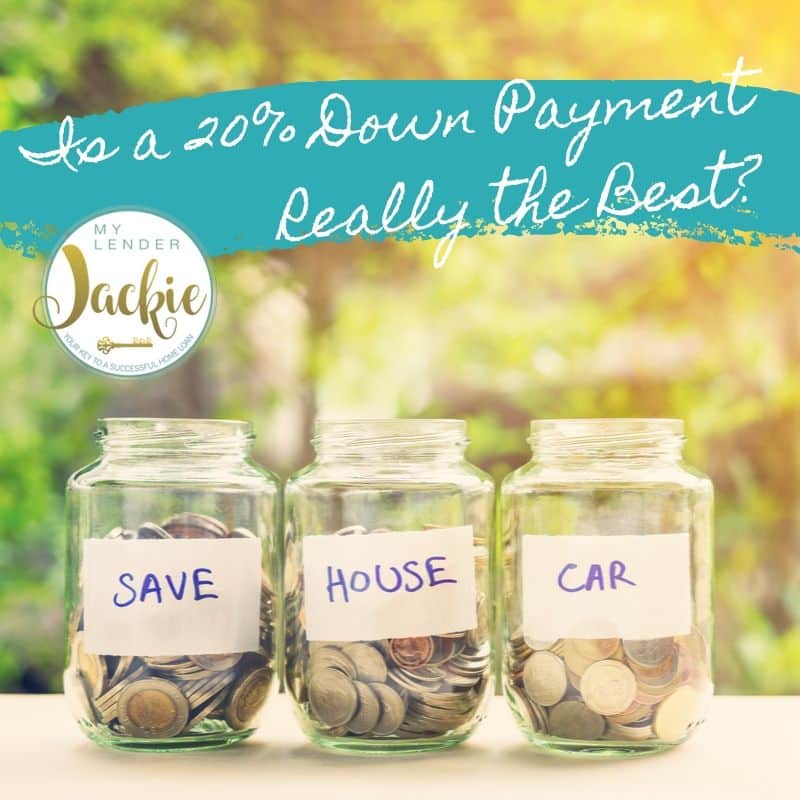
A down payment is the amount of cash a buyer puts towards the purchase of a home. It lowers the amount of the loan because most people by homes with a mortgage rather than paying cash. There are several different types of mortgages that people can choose with different down payment requirements.
An FHA loan requires 3.5% down payment. A VA loan has no payment required, conventional loans with private mortgage insurance require a minimum 3% down payment and loans without private mortgage insurance have a minimum of 20%. USDA home loans require no down payment and a jumbo home loan requires a 10% down payment. However, these are just the minimums. As a buyer, you can put as much down on a home as you’d like and in some cases, it does make sense to make a larger down payment than is required.
More: 3 Things to do if you want to buy but can’t afford the down payment
Purchasing a condominium with a conventional loan could get you better interest rates. For instance, putting 25% down on a condominium purchase can get you access to lower interest rates. Making a larger down payment can also lower your costs of an FHA loan. There are new FHA mortgage insurance rules that state when you use a 30 year fixed rate FHA mortgage and make a down payment of 3.5%, your insurance premium is .85% annually, however, if you can increase your down payment to 5%, that insurance premium drops to .80%.
So is it risky to make a large down payment?
Because property is both a shelter and an investment making too big of a down payment might not be the best option. The down payment size could limit your home’s return on investment for instance if you have a $400,000 home that gains $20,000 over the next year, your home is still $20,000 more regardless of how much you put down. With a 20% down payment, the rate of return is 25%. But with a 3% down payment on the home, the rate of return is 167%. That’s a huge difference! Once you make that down payment you can’t easily get that money back. Having money in the bank may be more beneficial to you then in a down payment. So it really makes more sense to weigh the cost between the down payment, your interest rates, mortgage insurance, and which option is the best for you both now and in the future.
Read More: Low Down Payment Options
What happens if your home values drop?
Another reason to consider a smaller down payment is the risk that if the home value drops the larger down payment may have evaporated into the housing market. That money is lost and cannot be recuperated except through housing market recovery. If you’ve made a large down payment you may not be able to get that back whereas if you made a smaller down payment, your risk is quite a bit lower.
For more information on deciding which mortgage option works best for you give me a call!
More: 3% Home Loan with No Mortgage Insurance
[Source]
